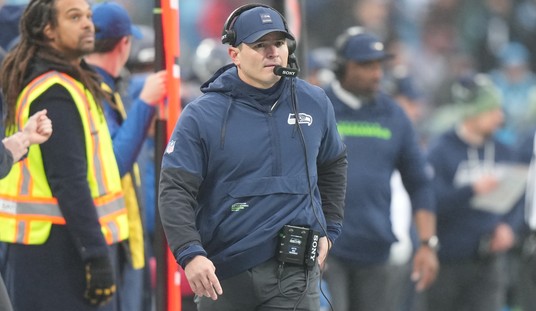It seems more and more that the movie-going audience simply doesn’t want to be preached to on any subject.
Recall the spate of anti-Iraq war films, which included Green Zone (2010), Body of Lies (2008), Rendition (2007) and Stop-Loss (2008). All of those films fell far short of expectations financially. Even liberal critics despised them. An exception to the Iraq War downers was American Sniper, which became the highest-grossing war film of all time. The difference between the Clint Eastwood-directed Sniper and the other Iraq War films is that the Americans were the heroes in Eastwood’s film.
In 2017, a gaggle of global warming-themed films were released to indifferent audiences. The most spectacular failure was the sequel to Al Gore’s Inconvenient Truth. An Inconvenient Sequel: Truth to Power generated only $3 million at the box office, far short of the $24 million earned by the original. This, despite glowing reviews and reams of free publicity.
Other films with a climate change theme didn’t do much better.
“Geostorm” promised B-movie thrills with a tale of the Earth’s weather run amok. Audiences typically adore disaster films — the cheesier, the better. So what happened? The movie raked in $33 million from a reported $120 million budget.
“Downsizing,” a rare flop from director Alexander Payne (“About Schmidt”), envisioned a future in which people can shrink themselves to the height of a grapefruit. That fueled some cheeky social commentary and a recurring message about the world’s dwindling resources.
“Mother!” and “Blade Runner 2049” touched on climate change in more subtle ways.
Is there a connection among the flops, or is Hollywood circa 2017 more unpredictable than ever?
Justin Haskins, executive editor at the right-leaning, free-market Heartland Institute, said Hollywood insiders remain fixated on saving the planet.
“They believe climate change will bring people to the movies,” Mr. Haskins said. “That’s wildly out of touch with how moviegoers feel about the issue.”
A Pew Research survey this year found that “the environment” does not rank among the top 10 public policy concerns of most Americans, trailing behind “terrorism,” “the economy,” “education” and “jobs,” among others.
Mr. Haskins said it wasn’t always this way. Hits such as “An Inconvenient Truth” and “The Day After Tomorrow,” the 2004 film that dove directly into climate change fears, touched a nerve. The box office receipts proved it. “Tomorrow” hauled in $186 million despite tepid reviews.
At the time, audiences were genuinely scared about what climate change could mean to the planet, he said. Time passed, though, and many of the frightening predictions made by Mr. Gore and like-minded activists didn’t come to fruition.
“They stopped believing the problem was as serious as what Al Gore was saying,” Mr. Haskins said.
Is it that audiences are resistant to movies with a message? Some of the best American films of all time carry political messages, including several Frank Capra films like It’s a Wonderful Life and Mr. Smith Goes to Washington, and Orson Welles’ Citizen Kane — a film many historians believe to be the finest American movie ever made.
What sets those films apart from today’s message films is that first and foremost, Hollywood wanted to entertain people back then. That meant that any political message was rarely overt or as obvious as it is in many global warming films today. There were some exceptions to that premise. Yankee Doodle Dandy is a rip-roaring, flag-waving, sentimental tribute to America. Of course, most movies about World War II left no doubt whose side you should be on. At one time, Hollywood sold patriotism better than anyone.
But as schmaltzy and sentimental as Hollywood could get about America, they never let the message get in the way of telling a good story. And that’s the difference between Hollywood today and yesterday. Today’s filmmakers believe the message is the story. Nothing could be more boring than being preached to by arrogant know-it-alls who believe the rest of us need to be taught the proper way to think.










Join the conversation as a VIP Member